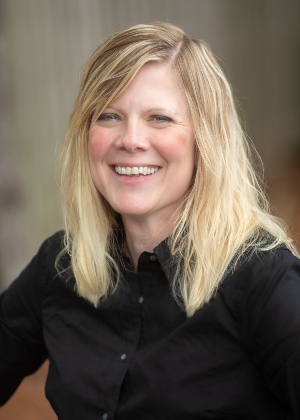How to Lessen the Havoc Daylight Savings Wreaks on Our Bodies

By Wendi Rank
For years, a battle has waged within the walls of my home. My husband, a devout outdoorsman, maintains we are happier, healthier people when we spend time outdoors. This assertion is patently ridiculous. I am certainly more contented when I’m locked into Unsolved Mysteries on my tablet.
Obviously, my husband is right. But keep that between us, guys, all right? If he knows what I’m about to tell you, I’ll never again swindle him into a night on the sofa with Justified. And Timothy Olyphant might just be my next husband. Have you seen him? He’s adorable on Justified. Just yummy.
As the end of Daylight Saving Time bears down on us, we are all looking forward to indulging in that extra hour of sleep. Unfortunately, there is a lot more to consider.
Ray A. Smith, writing for The Wall Street Journal, spoke with several researchers and chronobiologists, which is a real title, even though Word keeps trying to tell me I made up the job and basically these people’s entire existence.
We’ve all heard the horror stories of the havoc our bodies endure thanks to the semiannual clock adjustment. The problem created by the fall time switch is the loss of daylight. And as if the pandemic hasn’t ruined enough in our lives, it now has that extra hour of sleep in its sights.
Working from home may be totally upended by Daylight Saving Time. We usually have norms – set routines in our schedule cueing us to eat, sleep, and try our hardest to propagate humanity. Without an actual workplace to attend, we lose these signals, further decimating our natural clocks.
Smith’s article goes on to detail the negative impact on our biological rhythms when we lose exposure to daylight, although I’m happy with more darkness because Unsolved is always scarier in the dark.
Evening exposure to artificial light worsens the impact on our sleep-wake cycle. Artificial light, such as the kind found in supermarkets, makes falling asleep harder.
One easy correction we can make is getting outdoors – ugh – early, exposing our bodies to the sunlight needed to maintain our circadian rhythms. Twenty to thirty minutes should do the trick, and any outdoors time counts. This is great news for me as my tablet is incredibly portable.
More suggestions can be found in Smith’s article here. You might want to read it outside.
Not me. My husband doesn’t know I wrote this. We have a date with our television, some artificial light, and my second husband.
________________________________________________________________________________________________
 ABOUT THE AUTHOR
ABOUT THE AUTHOR
Wendi Rank is a Willow Grove native with a graduate degree from LaSalle University. She has worked as a school nurse, a registered nurse, and a nurse practitioner in Pennsylvania and New Jersey. She has previously written for the journal Nursing.
________________________________________________________________________________________________
Stay Connected, Stay Informed
Subscribe for great stories in your community!
"*" indicates required fields
































![ForAll_Digital-Ad_Dan_1940x300[59]](https://montco.today/wp-content/uploads/sites/2/2022/06/ForAll_Digital-Ad_Dan_1940x30059.jpg)


![95000-1023_ACJ_BannerAd[1]](https://montco.today/wp-content/uploads/sites/2/2023/03/95000-1023_ACJ_BannerAd1.jpg)







